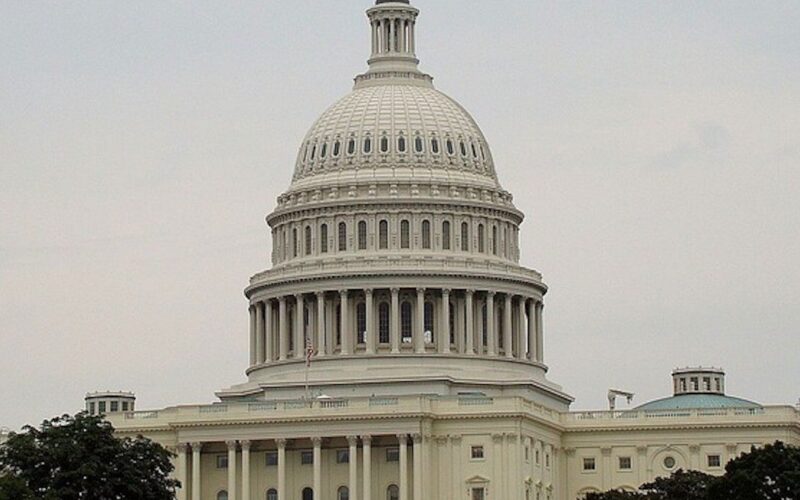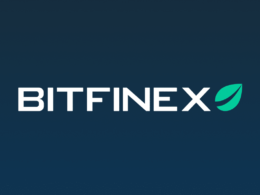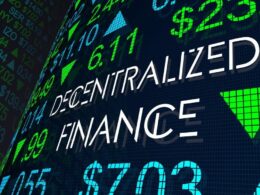A group of United States lawmakers have expressed their concerns regarding the proposed cryptocurrency tax regime announced by the Treasury Department. In a letter addressed to the Department on November 15, the lawmakers urged a change in approach to the regulation of the sector, specifically suggesting the reversal of some broad definitions of terms.
Lawmakers Call Proposed Tax Guidelines “Unworkable”
Patrick Henry, the Chairman of the House Financial Services Committee, and Ritchie Torres led the effort, stating that the proposed tax guidelines are unworkable given the current market situation. The Tax reporting rule was initially proposed in August and has faced severe backlash from the digital asset industry. A public consultation was announced, which concluded in November and received over 124,000 comments. The revised version is set to be released in the coming months.
“It is not clear why the IRS would seek to promulgate a regulation that will raise the cost of doing business as well as inundate the IRS and American consumers with unnecessary information,” the lawmakers stated.
The lawmakers argue that the proposed definition of a “broker” is too broad, encompassing parties that do not perform the traditional role of brokers in centralized finance. For instance, decentralized finance exchanges that provide information for users to trade digital assets on their platform would fall under the definition of a broker. This puts significant pressure on DeFi protocols, requiring them to comply with tax reporting obligations by knowing the full identity of parties involved.
- This new standard would result in multiple filings and create heavy responsibilities for a wide range of companies.
- The lawmakers highlight that it would raise costs for businesses and burden the IRS and American consumers with unnecessary information.
Concerns over the Definition of Stablecoins
In addition to the broad definition of a broker, the Treasury Department’s classification of stablecoins is also causing concern among industry executives. The definition includes stablecoins as well as non-fungible tokens (NFTs), which industry insiders argue is an unfair grouping.
“Some NFTs may represent financial tokens, but the vast majority do not. Such broad categorization could negatively impact the already declining market in the country,” warns industry executives.
Furthermore, including stablecoins as digital assets for tax reporting purposes could hinder their adoption as payment instruments. Stablecoins are primarily used for payments and introducing additional regulatory burdens may discourage their widespread use.
The lawmakers also mention that this regulation contradicts Congress’ efforts to establish a regulatory framework for the asset class and could undermine progress in that regard.
















